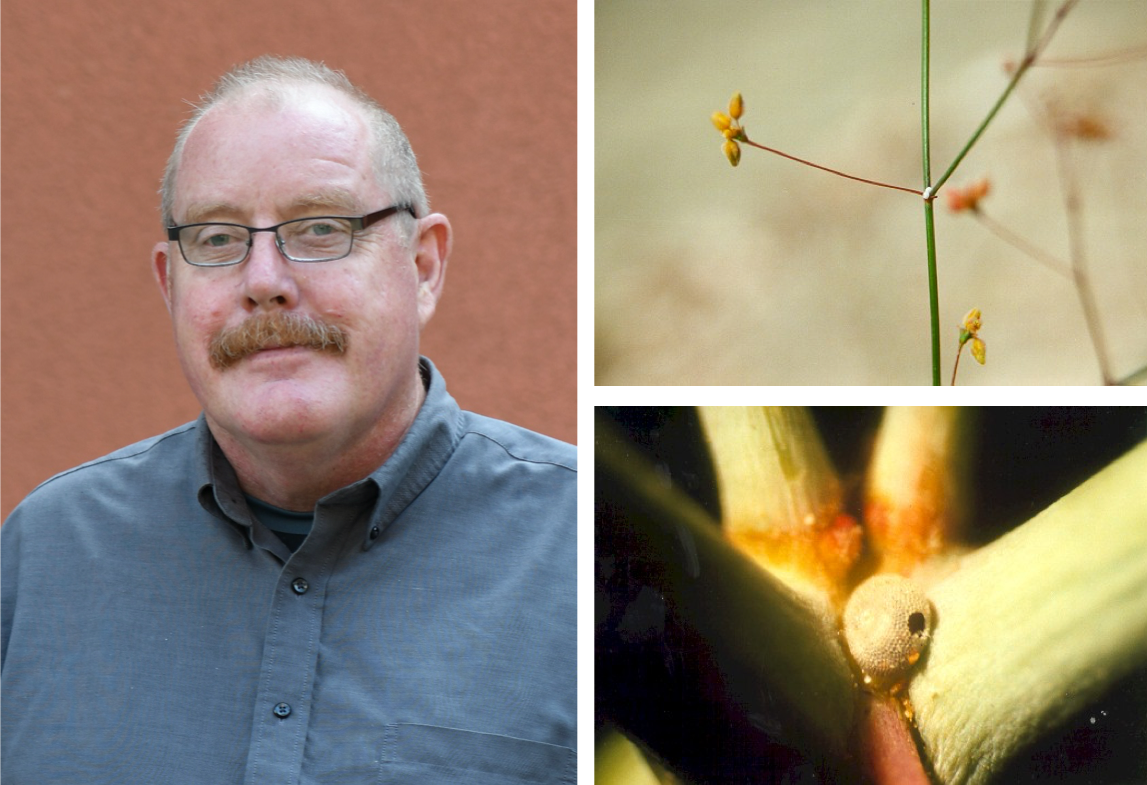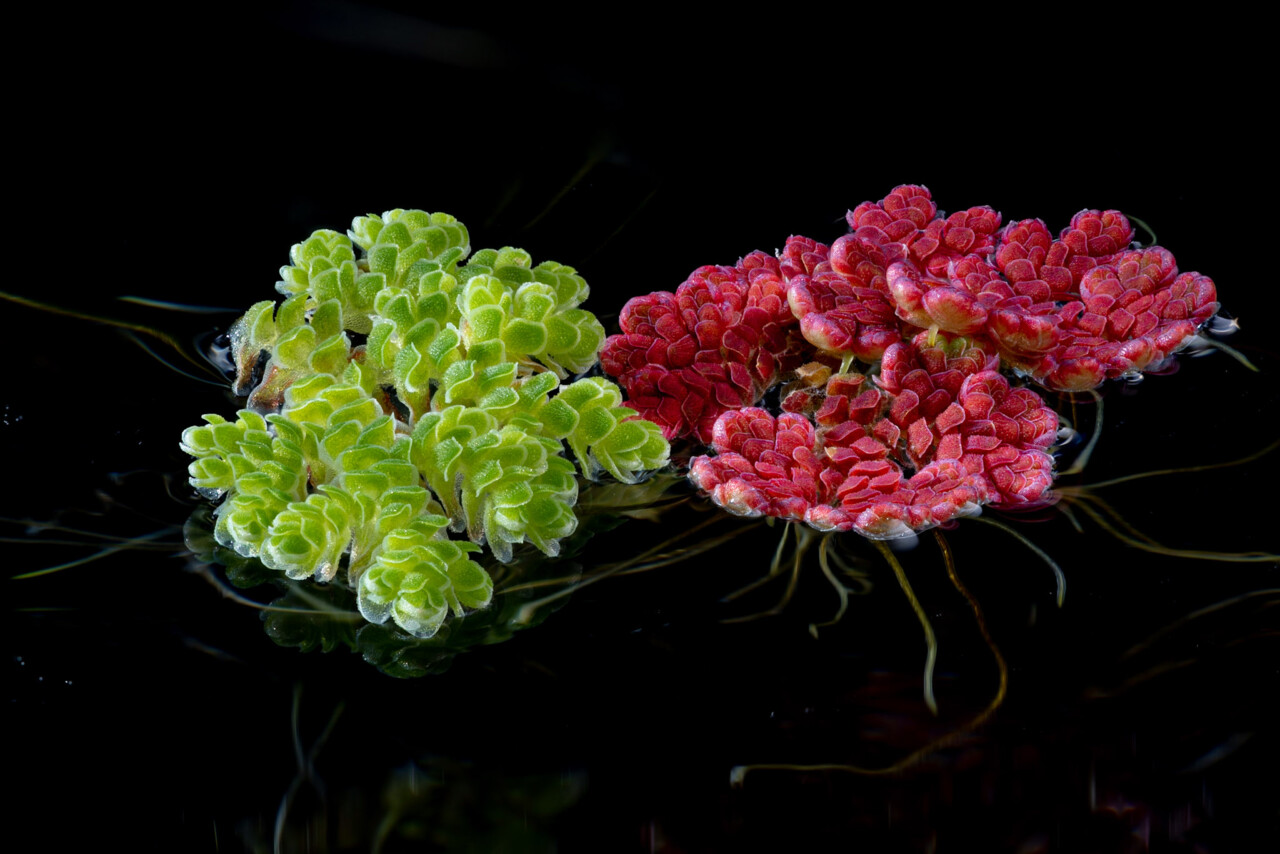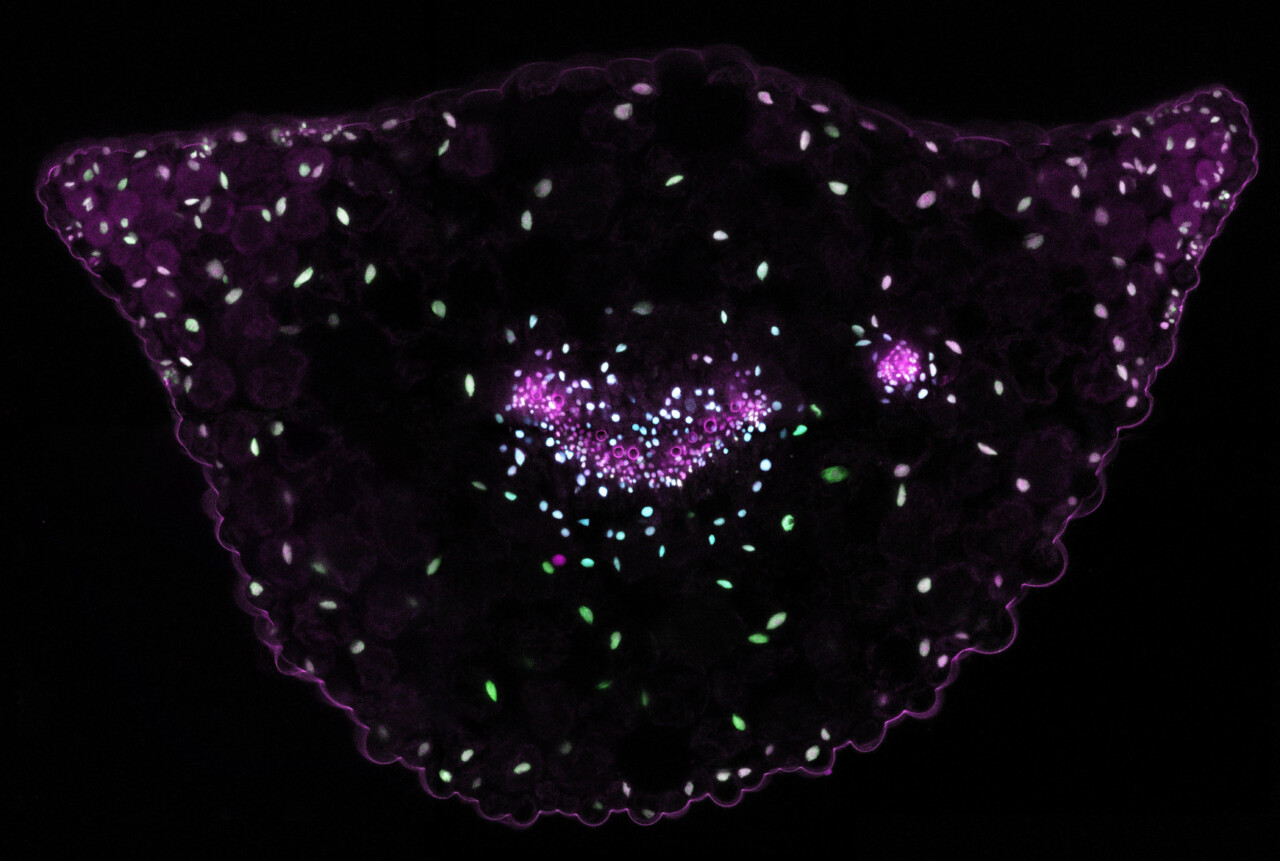
WEES seminar & workshop – Prof. Richard Stouthamer
Workshop – Reproductive parasites in insects
Time: 13:30
Venue: C3040
Several hypotheses have been posed for the loss of sexual reproduction once a population has become parthenogenetic. In general the idea is that traits involved in sexual reproduction will decay over time both in the male and female function. The decay in the female function is generally thought to be much higher than in the male function simply because there may be an active selection to knock out costly female traits involved in sexual reproduction. The first paper (Stouthamer et al., 2010. BMC Evolutionary Biology) claims that in case of Wolbachia induced parthenogenesis (thelytoky) in haplo-dipoid species the spread of the traits in the loss of female function is sped compared to diplo-diploid species, while the second paper (Ma et al., 2014. Heredity) does not see the need for such a mechanism to explain the fixation of thelytoky in these populations. During the work shop we will discuss these papers.
As preparation for the workshop please read the following:
1. Stouthamer, R, Russell, JE, Vavre, F, Nunney, L, 2010. Intragenomic conflict in populations infected by Parthenogenesis Inducing Wolbachia ends with irreversible loss of sexual reproduction. BMC Evolutionary Biology 10: 229.
2. Ma, WJ, Pannebakker, BA, Beukeboom, LW, Schwander, T, van de Zande, L, 2014. Genetics of decayed sexual traits in a parasitoid wasp with endosymbiont-induced asexuality. Heredity 113: 424-431.
The workshop for those interested is organized from 13:30 to 15:00 in Orion C3040. Registration is required (space limited to 15), email Yidong Wang (yidong.wang@wur.nl). The workshop gives attendees the possibility to meet the speaker of the seminar and have a discussion based on recent publications. The workshops are a good possibility to get acquainted with hot topics in science and to learn how to discuss these topics with leading scientists in the field. Furthermore, BSc and MSc students can get 1 ECTS for attending 2 workshops.
Seminar – Manipulating microbes and parasitic chromosomes: the battle for control of sex ratio in parasitoid wasps
Time: 16:00
Venue: C2035
Prof. Richard Stouthamer, Dept. of Entomology, University of California, USA
Parasitoid wasps of the genus Trichogramma sometimes appear to be infected with bacteria that allow them to produce daughters both from fertilized and unfertilized eggs. These so called parthenogenesis Wolbachia are found to infect approximately 5-15% of females in populations of the species Trichogramma kaykai of the Mojave Desert of California. Wolbachia are inherited maternally, horizontal transmission from infected to uninfected individuals appears to be rare, but is possible. Infected individuals produce almost exclusively daughters, while the normal sexual females produce both sons and daughters. A stable infection over time can only be attained through either inefficient transmission of the bacteria or by some other balancing factor. Extensive modelling showed that a nuclear suppressor of the Wolbachia or its effect could stabilize the infection frequency. However work in the field population failed to find such a suppressor gene. Subsequent modelling showed that the presence of a so-called psr chromosome could also stabilize the Wolbachia infection. Indeed such a B-chromosome, causing males that carry it, to father only sons when females use their sperm to fertilize their egg. This is an example of a paternal sex ratio factor that thus far has only been reported from two other wasp species. The interaction between these two factors appears to be largely determined by the frequency of brother sister mating within the population. Here we will report on both the lab and field work done to unravel this interaction.
WEES background
WEES is an initiative of PhD students and postdocs at Wageningen University to organize a continuing series of stimulating seminars on contemporary topics in evolution and ecology. We aim to bring together different groups at Wageningen University using a variety of systems, but with a common interest in evolutionary and ecological questions. For this series we invite researchers from all over the world who have leading roles in their field. After the talk there will be drinks for an informal discussion. WEES is funded by graduate schools PE&RC, WIMEK, EPS, VLAG, and WIAS.
For more information please visit: www.weeswageningen.nl, Like us on Facebook, or join the Facebook Group for more participation.
Thursday, February 27, 2020
Time workshop: 13:30 Time seminar: 16:00
WUR – Orion
Bronland 1, Wageningen



